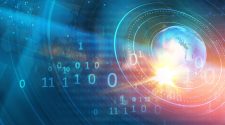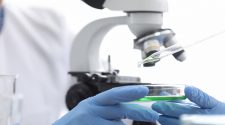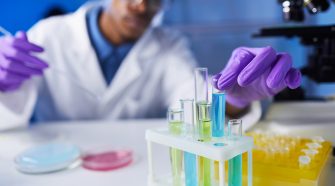Science Labs
Advances in medicine and technology have kept the United States among the top countries of innovation in the entire world. American researchers have found cures and effective treatments for thousands of diseases, while scientists have developed technologies such as the smart phones and personal digital music players commonly found in the pockets of children and adults alike. Many argue that so much technology and innovation is unnecessary, and that money used to fund such projects would be better spent elsewhere. Others argue that these technologies and breakthroughs improve our quality of life, making living in America or any modern economy significantly better than any society in the past.
None of this innovation or technology would be impossible without science labs. Science labs are filled with professionals aimed at developing new technologies, discovering medical breakthroughs, and studying to better understand the world that we live in. These science labs are essential to the function of our society, and the development of scientific innovation in the future. The professionals working in science labs around the nation deal with issues that any professionals of today face, especially in the face of a struggling economy. Despite this, working in a science lab can be very beneficial and attractive, as bringing new technology and innovation into the world, and the compensation provided for doing so, can be very rewarding.
That being said, a science lab does not only contain science professionals, but also expensive equipment, chemicals, and test subjects. As such, the cost of running a science lab, to many on the outside, may seem extravagant. The truth is, while a science lab can be very expensive, it is a price that we must pay to future the development of new cures, new treatments, and new technology. Science labs around the nation are facing issues, including budget constraints and under staffing. Some of these issues are listed below.
- Workforce Shortage
The science lab scientists of today struggle to find a date of retirement, as there are only 2 new scientists for every 7 that want to retire. As a result, there is a perpetual understaffing of science labs around the nation, leading to a workforce shortage that will eventually lead to empty or understaffed labs. There is evidence of a shortage, something that will affect the future workforce of the lab scientists, especially with the onset of health care reform.
- Budget Constraints
With the struggling economy of today, many science labs are struggling to find the funding necessary for conducting experiments. Many labs located in schools, hospitals, and corporations around the nation have had their budget reduced, leading to more work, less compensation, and impossibilities in opportunities.
- Change in Culture
In the past, a science lab was expected to focus on faster turn-around time and less errors. Today and in the future, labs will likely be expected to find clinical value that is associated with economic benefits. That is, labs will be expected to treat their patients as a consumer and conduct tests and experiments that guarantee high reimbursement levels.












